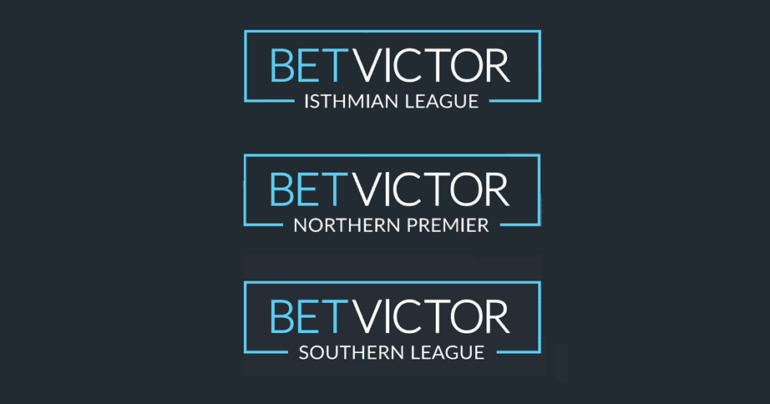A football player or official in England is being charged once every three weeks on average by the Football Association in one of the sporting world’s biggest probes for betting on matches.
By Steve Menary
The focus of the FA’s purge is below the Football League in the National League System, which starts at Level 5 and is often known as non-league. Players and officials as low as the eighth tier, some of whom do not even get paid, are being charged often for betting on games at the top of the football pyramid, which is swamped with gambling adverts.
“The increasingly intertwined relationship between football and gambling cannot be overlooked as a factor in these offences,” says James Grimes, who runs the Big Step campaign aimed at stopping gambling advertising in football that has support from 27 clubs including many non-league teams.
“Gambling culture is reportedly rife in professional football, and it seems this harmful environment is facilitating addiction amongst both fans and players. Given that it affects many supporters, it would be naïve to think that the incessant promotion of gambling doesn’t affect the players.”
Bowers & Pitsea
The sanctions began in 2014, when the FA responded to a number of non-league match-fixing scandals by introducing a rule banning players from the Premier League down to the bottom level of the Isthmian, Northern and Southern Leagues – Level 7-8 and known collectively as the Trident Leagues – from betting on any matches anywhere in the world.



